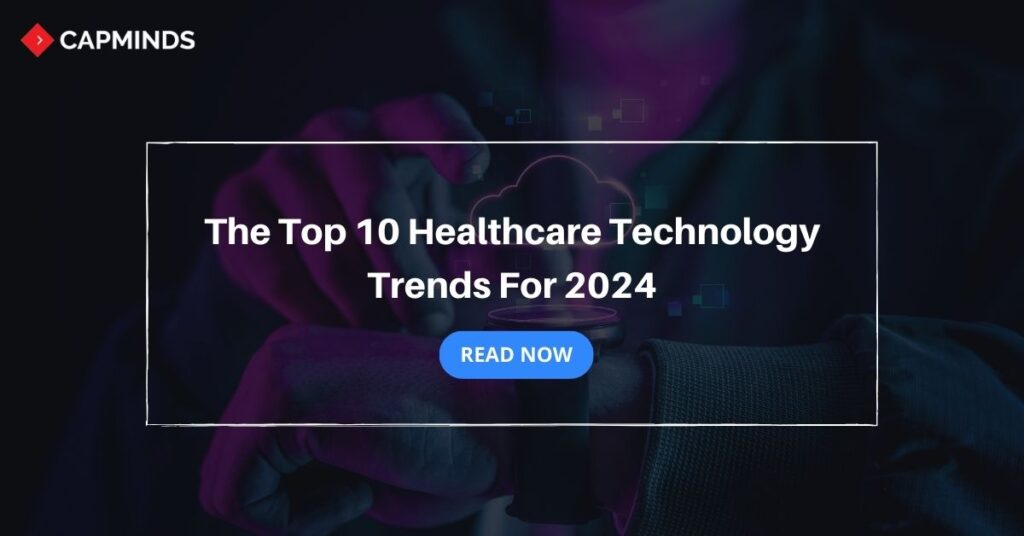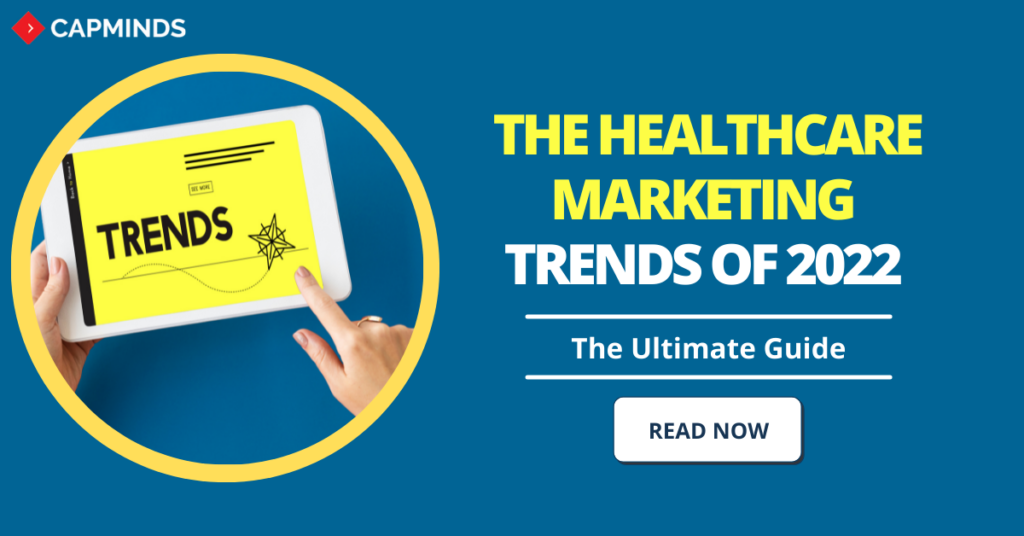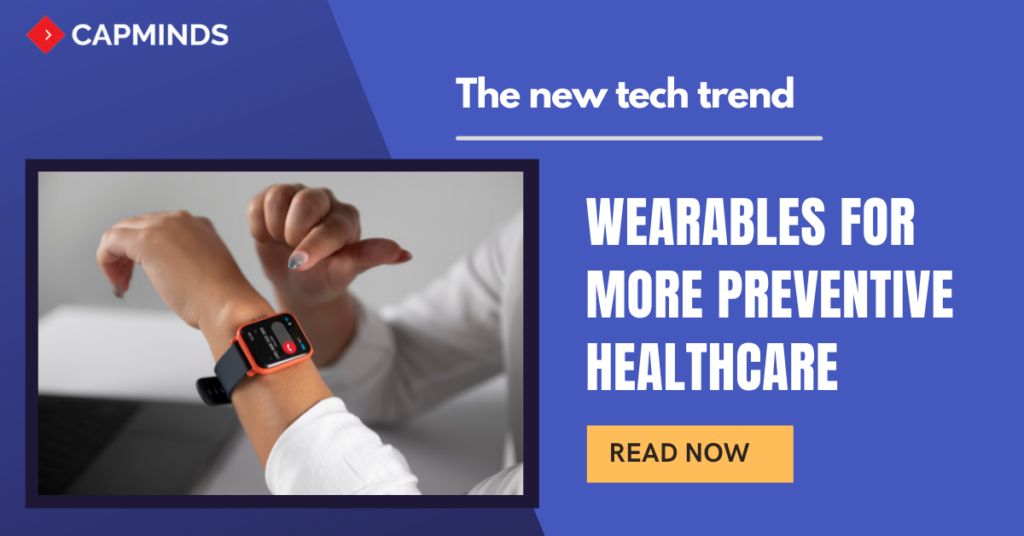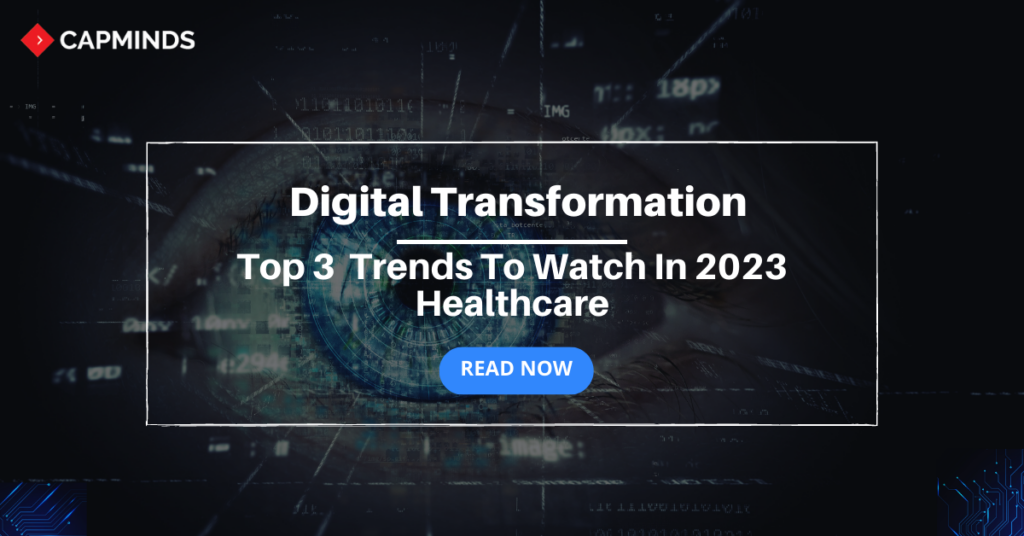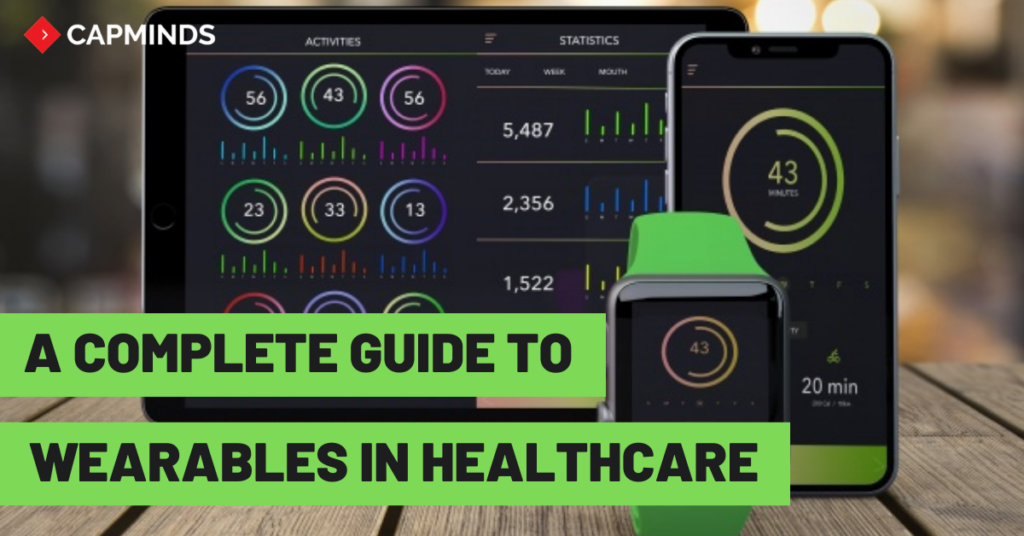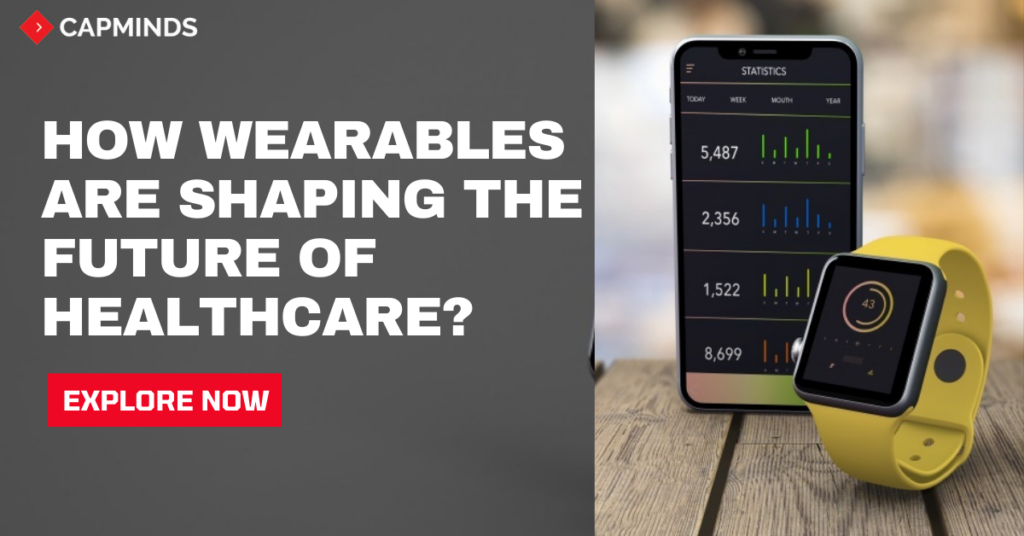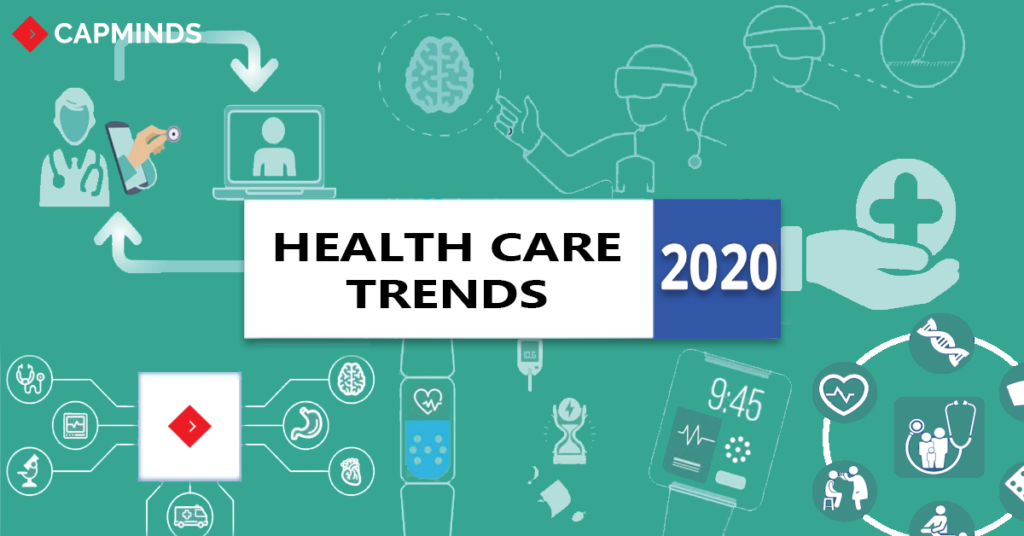The global healthcare industry, a trillion-dollar behemoth, stands at the precipice of a seismic shift. Fueled by breakneck technological advancements, 2024 promises to be a year of […]
Currently browsing: HealthCare
The Healthcare Marketing Trends Of 2022 (The Ultimate Guide)
The healthcare marketing world moves faster and smarter today. And, in 2021, we saw a great evolution of how quickly the healthcare industries raised their growth.
The New Tech Trend: Wearables For More Preventive Healthcare
Due to the COVID-19 pandemic, there has been a greater need for the advancement of tech devices. The people who are most in need of accessing healthcare […]
Top 3 Digital Transformation Trends To Watch In 2023 Healthcare
It is very important to stay up to date on the top digital transformation trends in 2023 healthcare that are working in today’s healthcare space to grow […]
A Complete Guide To Wearables In Healthcare
Remote care is becoming a critical part of health operations during this COVID-19 pandemic. It is also expected to continue to be a robust tool for both […]
Thriving Importance Of Continuity Of Care
The one-year life of people across the globe has been completed in the era of COVID-19. Everyone has faced new health-related challenges during the pandemic situation in […]
How Wearables Are Shaping The Future Of Healthcare?
When wearables are first introduced in the healthcare market – the devices are very simpler and used for tracking workouts and fitness geeks. Even though many of […]
Expert’s Guide To Continuity Of Care
Continuity of care has always been an important thing to general practice as they are adapting the needs to meet the modern-day patients. So, in today’s healthcare […]
The Next Big Healthcare Marketing Trends For 2021
In Today’s tech-savvy world, the Importance of healthcare Marketing is becoming crystal clear as it creates the right path to reach more patients and offer better care […]
Healthcare Trends in 2024
Blockchain, Machine Learning, Artificial Intelligence, 3D Printing, Natural Language Processing- all of these things are going to decide the healthcare trends for 2024. In fact, we suspect […]
Recent Posts
- The Role of Preventive Care and Remote Monitoring in Diabetes Management
- RPM in Healthcare and How it Ensures Quality Care to Patients
- 3 Ways to Customize AdvancedMD Medical Billing Software for Your Practice’s Unique Needs
- How to Integrate Google Calendar with OpenEMR (Step-by-Step Guide)
- A Guide to EMR API Integration (Step-By-Step Process)
